Maternal
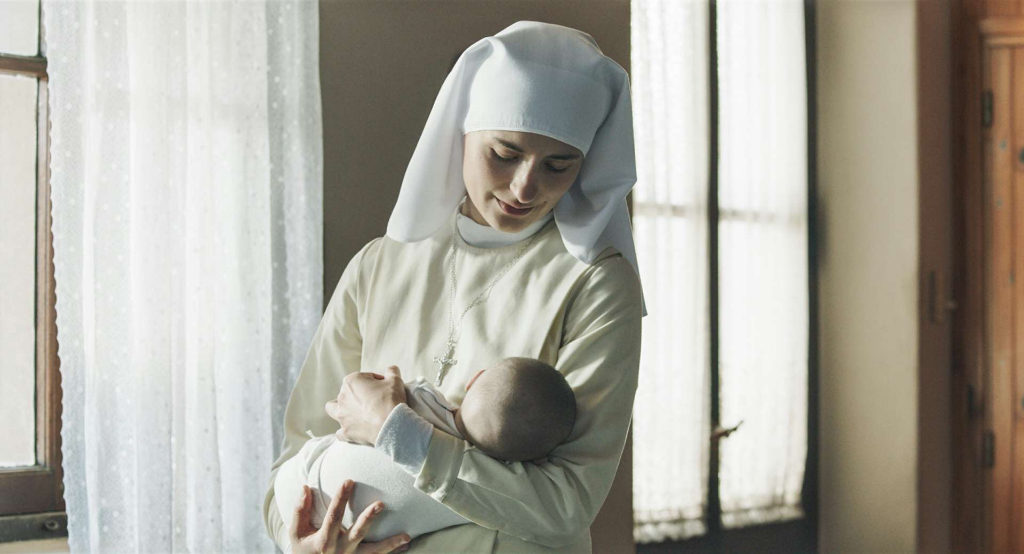
How we relish the agony of mothers. The origins are biblical. Mary witnesses her son’s removal from the cross, holds his dying body, and is expected to take comfort in his imminent resurrection. It’s unlikely that she thought it worth the pain. How often the mother is asked to take on the unconditional burden of their children. How transgressive when they refuse, especially in terror.
Maura Delpero’s first dramatic feature is an astonishing study of maternal transgression, wrought in the peculiar dynamics of an Italian-run Catholic centre in Buenos Aires. The Hogar houses figures of celibacy and promiscuity, nuns and single mothers, and the simultaneous urge to emancipate and protect. This way tensions lie. To be a parent is less a choice, more a product of executive decision. Abortion remains illegal in Argentina – how curious that religion must offer the belated bandage.
This is a story of three women. Fati and Lu (played by non-professionals Denise Carrizo and Augustina Malale) are both 17. One is pregnant, while the other has a young daughter. They are set up as friends but opposites: one is conscientious and quiet, the other carefree and at the edge of aggression.
From Italy and on nunnery probation, Sister Paola (Lidiya Liberman) is the “spiritual mother” whose saintliness opens a fissure between the pair. When Lu disappears, Paola looks after her daughter Nina (Isabella Cilia), initiating the movement towards anger and displacement. Under dark, balconies function as secret theatres for thwarted acts of caregiving.
Delpero has marvellous control over compositions and shifts in perspective. In a cohabitated space of complicated hierarchies – of nun to mother, mother to child, mother to nun – ownership and authority are twisted and malformed. Rightful and legal guardians become interwoven with moral questions: what does it mean to be a good mother, a fit mother, a mother who can never conceive? Convent elders form a backdrop of stern, almost comic discretion, statuesque heads of severity and devotion.
Above it all, the Argentinian state is the perverse and malign force which handicaps unprivileged women, its mode of oppression invisible yet pervasive. Military rule of the late 1970s conducted the “forced disappearances” of thousands of children. Mothers, namely those of Plaza de Mayo, have for 40 years since campaigned for truth and justice. The recent past is a transparent pall, such that it is not even the past. These characters are smothered in its lining.
The setting remains mostly within the shelter. We see no adult men, save for a vaguely penetrable image on a phone screen. Kissed in proximity, the photograph shows the male body detached, far away, composed at a distance. It’s of an abusive boyfriend, whose absence is taken to its logical narrative consequence. These women take on the burden and let fester the agony that exists between them. Delpero has their faces reside in three masterful, shifting portraits.
Joseph Owen
Maternal does not have a UK release date yet.
Read more reviews from our Locarno Film Festival 2019 coverage here.
For further information about the event visit the Locarno Film Festival website here.

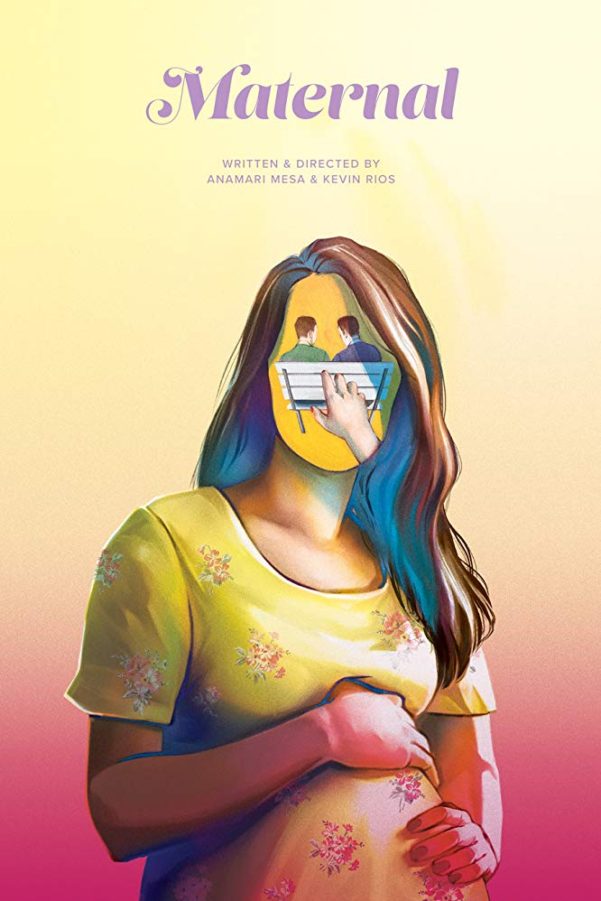
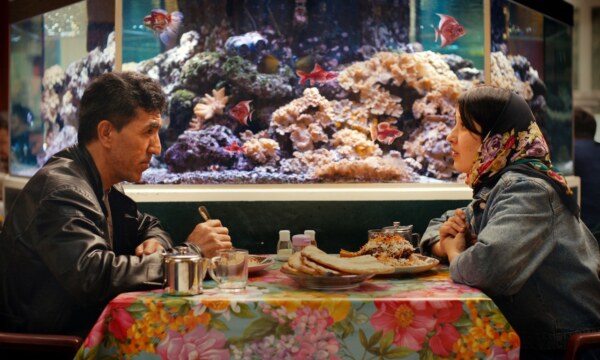


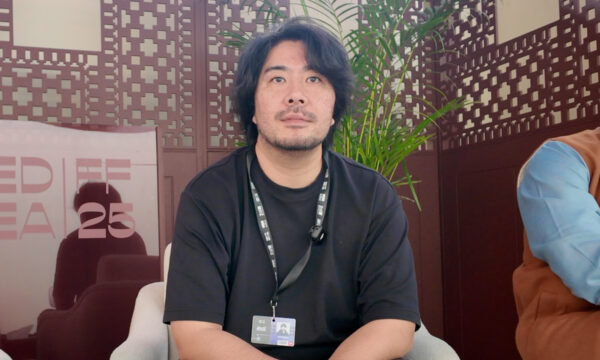



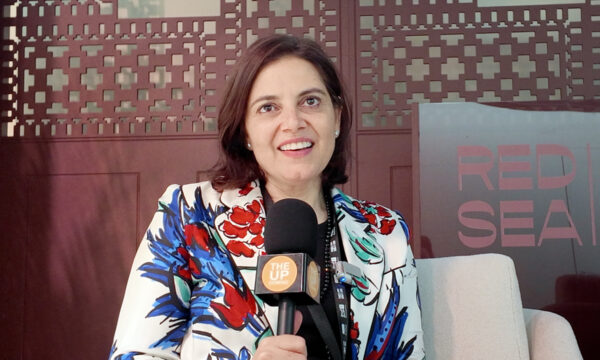




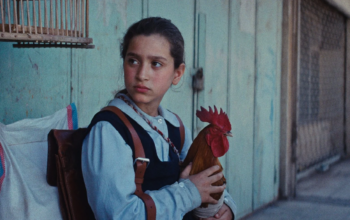

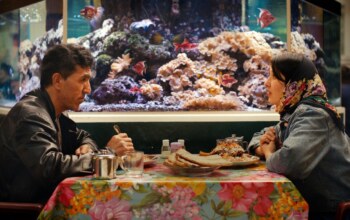









Facebook
Twitter
Instagram
YouTube
RSS